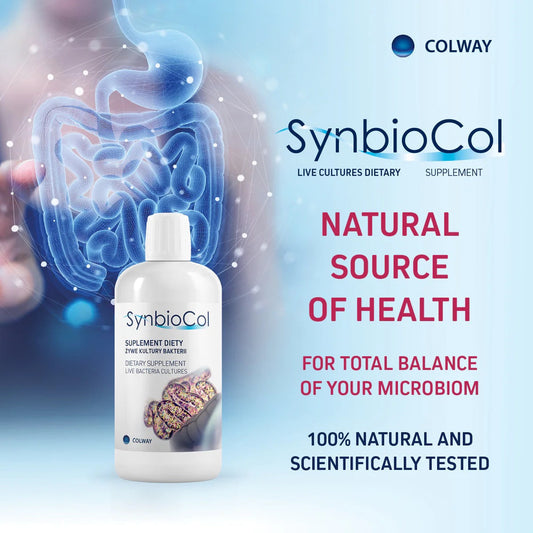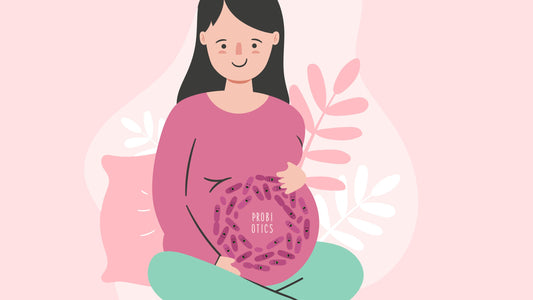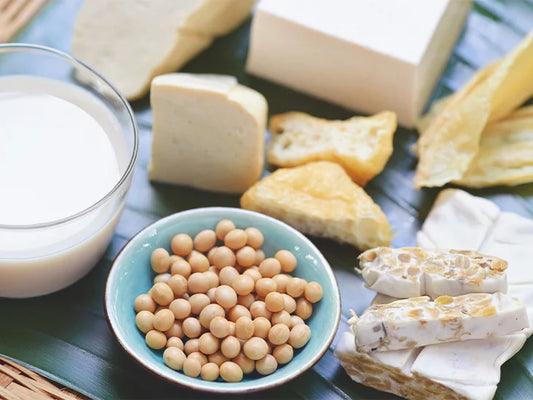Seven ways ... to manage Acne
1- Don’t pick your spots
Squeezing or picking can lead to permanent pigmentation marks or scarring. Acne is the result of dead skin cells, bacteria and natural oils blocking up hair follicles in your skin, but you can’t drain them on your own. Some adults experience cystic acne, inflamed lesions that form deep beneath the skin tissue due to infection. This requires medication.
2- Use sensitive products
If you are prone to acne, using too much makeup and cosmetic products will block your pores and make matters worse. Try to use products that are described as water-based, oil-free, and non-comedogenic – meaning it doesn’t cause blackheads by blocking pores. If you have facial acne, avoid overwashing your face. Washing more than twice a day can dry out your skin, stimulating it to produce more oil to compensate.
3- Discuss birth-control options
The main cause of acne is believed to be hormone fluctuations, which makes adult women more prone to breakouts than men. Switching contraceptives, however, can sometimes help, as there are several birth control pills that are approved for treating acne.
4- Stick to low-glycemic foods
The relationship between food and acne is complex, with foods long-suspected of causing acne – chocolate, fried food and nuts – not found to have an effect in large studies. Research has shown that excess insulin from foods with a high glycemic index, such as pasta and bread, may increase the levels of oil-triggering hormones in women, contributing to acne. Low-glycemic foods such as whole grains are digested slower and cause less of an insulin spike.
5- Retinoids
Prescription creams containing topical retinoids are among the most effective acne treatments, although you may not see immediate results for several weeks. The skin converts retinol to retinoic acid which helps unplug the blocked follicles. They also stimulate collagen, and can be used in combination with other spot treatments. Those containing ingredients such as salicylic acid, which gently exfoliates to unclog the pores, and benzoyl peroxide, which kills acne bacteria, are especially effective. But be careful, as overuse of retinoids and benzoyl peroxide can irritate your skin.6- Antibiotics
For severe acne, your doctor may also prescribe you a short course of oral antibiotics, such as tetracycline, to kill excess skin bacteria and reduce inflammation. Research has suggested taking antibiotics along with benzoyl peroxide to reduce the risk of antibiotic resistance.
7-Hormonal treatments
If your acne is thought to be directly related to changes in hormones rather than infection, you may be prescribed a medication such as spironolactone. This helps to block hormones from triggering the oil glands. But while spironolactone is one of the most reliable hormonal treatments for acne, it could be advisable to consider alternatives if you are thinking of starting a family, as it remains unclear whether spironolactone is safe to use during pregnancy.













